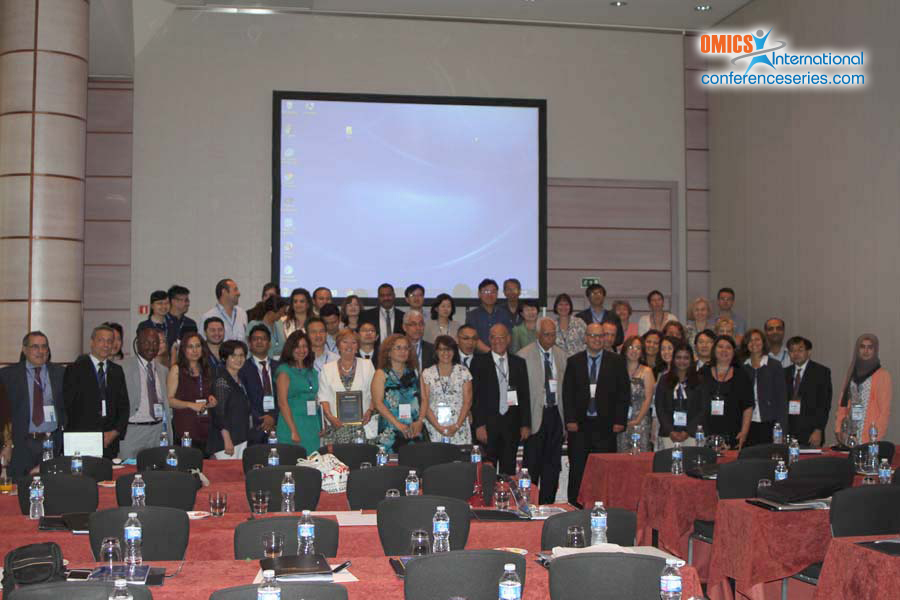
Edgar Pérez-Herrero
University of Salamanca, Spain
Title: Drug nanocarriers as targeted therapies in cancer, the new chemotherapy
Biography
Biography: Edgar Pérez-Herrero
Abstract
While surgery and radiotherapy are the main treatment used for local and non-metastatic cancers, anti-cancer drugs (chemotherapy, hormone and biological therapies) are the choice currently used in metastasic cancers. The indiscriminate destruction of normal cells, the toxicity of conventional chemotherapeutic drugs, as well as the development of multidrug resistance, support the need to find new effective targeted treatments based on the changes in the molecular biology of the tumor cells that block biologic transduction pathways and/or specific cancer proteins to induce the death of cancer cells by means of apoptosis and stimulation of the immune system, or specifically deliver chemotherapeutic agents to cancer cells, minimizing the undesirable side effects. Indirect targeted approaches mainly deliver chemotherapeutic agents to molecular targets overexpressed on the surface of tumor cells by cytotoxic drug carriers, like liposomes, carbon nanotubes, dendrimers, polymeric micelles, polymeric conjugates and polymeric nanoparticles, in passive and active targeted cancer therapy. These drug carriers not only transport the chemotherapeutic agents to tumors, avoiding normal tissues and reducing toxicity in the rest of the body, but also protect cytotoxic drugs from degradation, increase the half-life, payload and solubility of cytotoxic agents and reduce renal clearance. Despite the many advantages of anticancer drug carriers, only a few of them have reached the FDA approval, in contrast to the sixteen FDA approval of monoclonal antibodies. However, there are numerous clinical trials in progress of polymer-protein and polymer-drug conjugates, liposomal formulations, including immunoliposomes, polymeric micelles and polymeric nanoparticles

